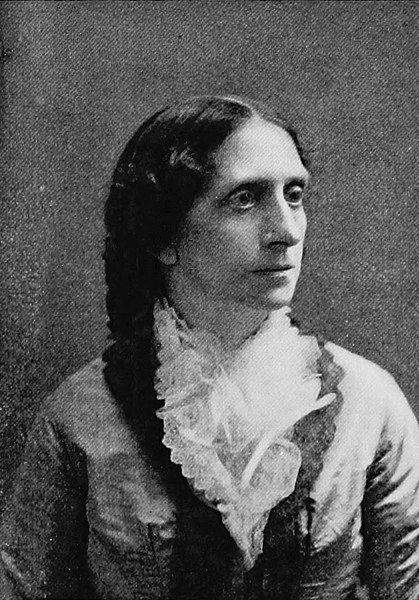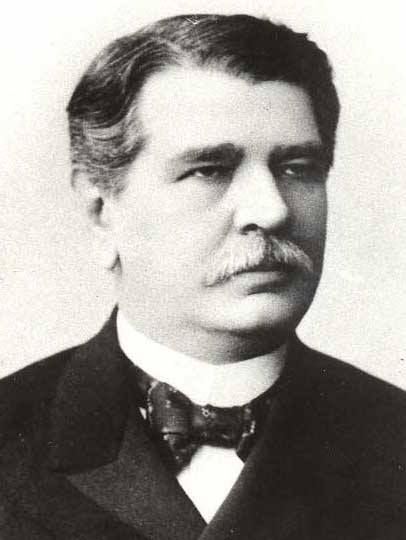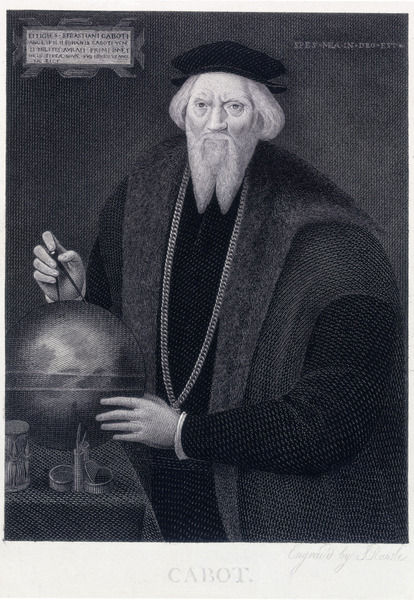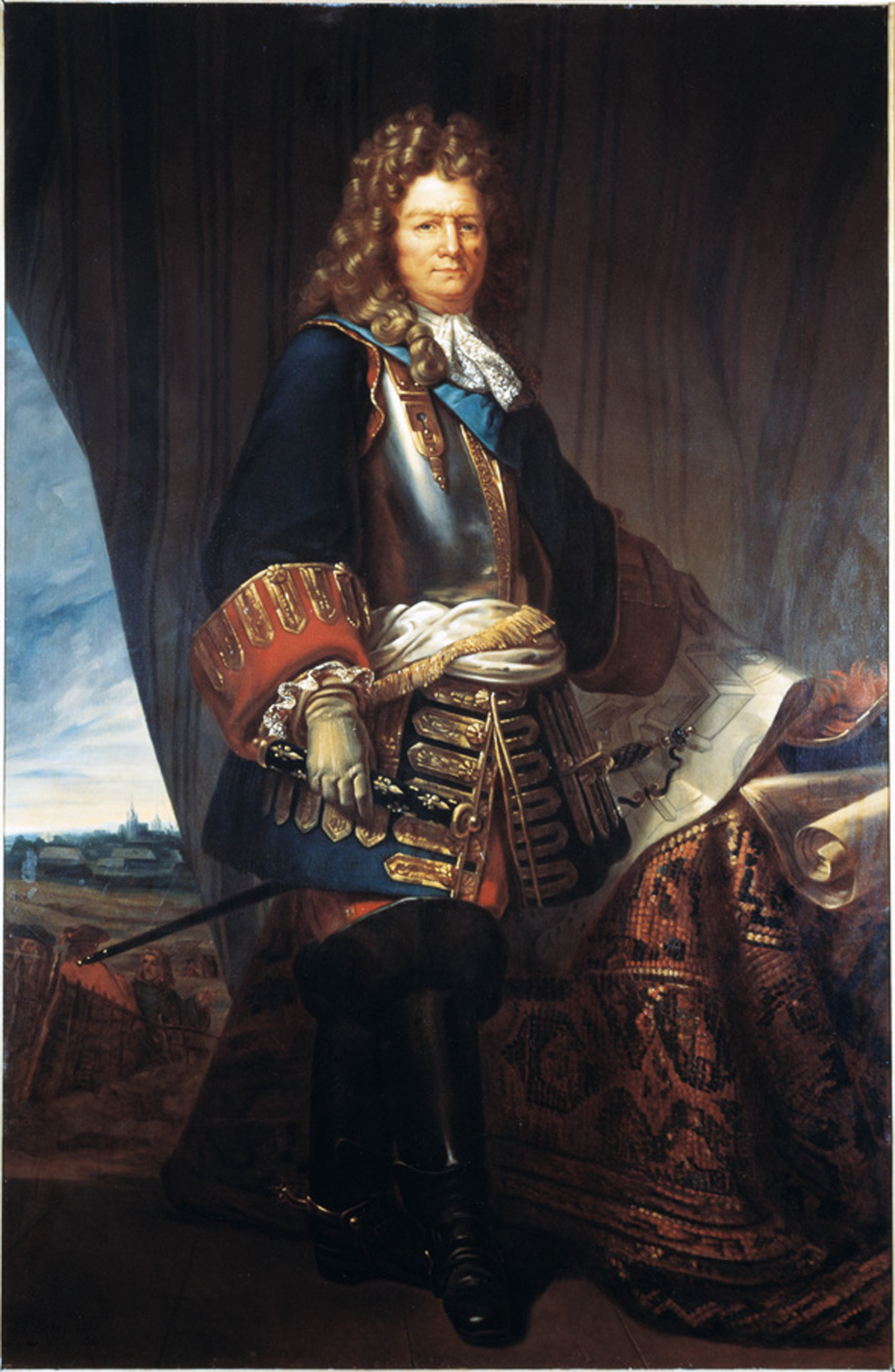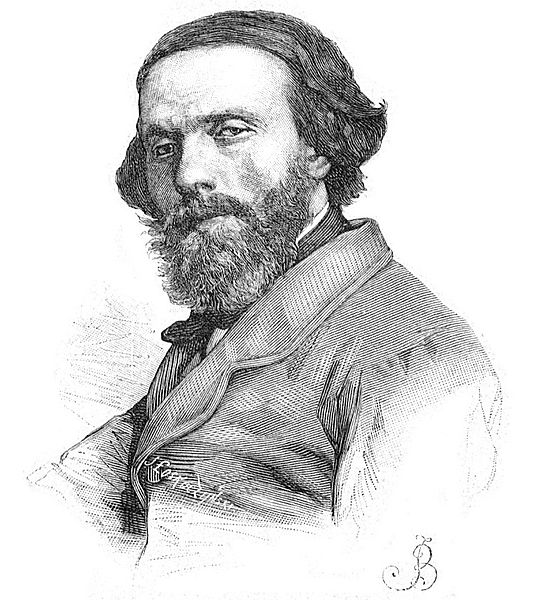
American singer Diana Ross, born 26 March 1944
Diana is a name like Sarah—it’s found in a plethora of languages, but there aren’t a vast variety of forms like other names. The letters and sounds which make up the name are the same across numerous languages, so there’s not much need for divergent spellings. However, there are still some variations.
Diana is a derivative of diva or dia (goddess), and as such means “Divine, goddesslike.” Its ultimate root is the Indo–European *dyew- (“shine” or “sky”), which is also where the name Zeus comes from. Diana is used in English, Spanish, Italian, Portuguese, Catalan, Romanian, German, Dutch, the Scandinavian and Slavic languages, Georgian, Armenian, Estonian, Lithuanian, Albanian, Welsh, Gascon, Sicilian, Corsican, and Galician.
Variant forms are Diána (Hungarian), Díana (Icelandic), and Diāna (Latvian). Outside of English, the name is typically pronounced Dee-ah-nah.

British writer, book reviewer, and fascist Diana Mitford, later Lady Mosley (1910–2003)
Diana was the Roman name for Artemis, the Greek goddess of the Moon and hunting, and Apollo’s twin. (Artemis has a completely different etymology!) Diana came into use as a personal name during the Renaissance, and became very popular in the Anglophone world thanks to Walter Scott’s 1817 novel Rob Roy.
The name has been on the U.S. Top 1000 since records began in 1880 (apart from 1888, when it failed to chart), and slowly but steadily rose into the Top 100, which it entered in 1941 (at exactly #100). In 1942, it was already #68, and by 1945, it was #43.

Diana Churchill, daughter of Prime Minister Winston Churchill, with her son Julian (1909–63)
Diana remained on the Top 100 through the 1970s, and after a few years with slightly lower ranks, it returned to the Top 100 in 1981 (for reasons probably everyone can guess!). It dropped out of the Top 100 again in 1991, then returned in 1993, dropped out again in 1995, returned in 1997, left in 1999, and briefly returned at #90 and #100 in 2004 and 2005. In 2021, it was #225.
The name also enjoys popularity in Portugal (#19 in 2018), Italy (#50 in 2020), Poland (#61), Switzerland (#63), Hungary (#75), the Czech Republic (#78 in 2016), and Spain (#81).

French noblewoman Diane de Poitiers, 1500–1566
Other forms of the name include:
1. Diane is French and English. It was on the U.S. Top 100 from 1937–1971, and in the Top 20 from 1946–59. Its highest rank was #14 in 1955. In France, the name was #90 in 2021.
2. Dijana is Macedonian, Serbian, Slovenian, and Croatian.
3. Dajana is Serbian and Croatian, reflecting the English pronunciation.
4. Daiena is an archaic Romani form.
5. Deana is modern Romani.
6. Deanna, or Deana, is either a possible English variation of Diana or a feminine form of Dean. If the latter, it would have a completely different etymology.
7. Dianedda is a Corsican diminutive.
8. Diviana is an ancient Italian form.
9. Diyana is Uzbek and Bulgarian.
10. Dziyana is Belarusian.
11. Kiana is Hawaiian.






